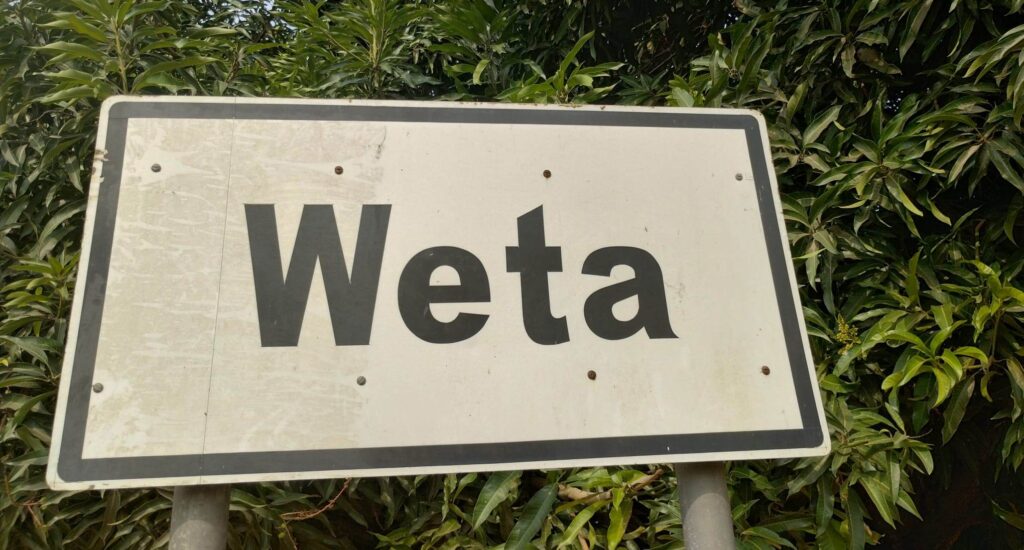
Land grabbing not only directly affects the livelihoods of rural communities but also diminishes the potential for foreign investment in these areas, further entrenching poverty. A fact-finding mission by AFJN in July 2024 uncovered a long-standing conflict in Ghana’s Volta Region, specifically in the Weta Traditional Area, linked to foreign land acquisition. The dispute involves the Diamond Solar Salt Company, an Indian firm that leased 50,000 acres for salt mining in 2009. It was later discovered that the chief who signed the lease did not have rightful ownership of the land, resulting in ongoing conflicts.

The interim queen mother of the Weta Traditional Area, Mama Agorwose III and members of her council, highlighted that since the land was leased, the community has lost benefits from the area. It was discovered that the chief who initially leased the land was not the rightful owner, leading to ongoing disputes. To make matters worse, the 10-year renewal term for the lease has expired, but the company continues to exploit the land without renegotiating an agreement with the legitimate landowners.

To address this issue, AFJN plans to investigate how the company initially secured the land and what steps can be taken to rectify the situation. These issues in Blidekope and Weta reflect broader challenges in ensuring that foreign investment benefits local communities while respecting their rights. They underscore the importance of conducting thorough due diligence before allowing companies to operate in local communities. This is often lacking. Without such care, such situations have led to conflict and exploitation, depriving rightful landowners of their benefits in these rural communities and reinforcing community-wide poverty. Proper oversight can prove critical in avoiding conflict and ensuring that land leasing agreements are fair and beneficial for all parties involved. These include verifying authority and ownership to lease land, ensuring that renewal terms are fair and beneficial, and ensuring that local communities receive fair compensation and benefits. The work of AFJN over the years in tackling these underlying systemic issues helps to foster sustainable and equitable development in rural communities and ensure that whole villages and towns are not entrapped by rogue actors at the expense of their livelihoods.
